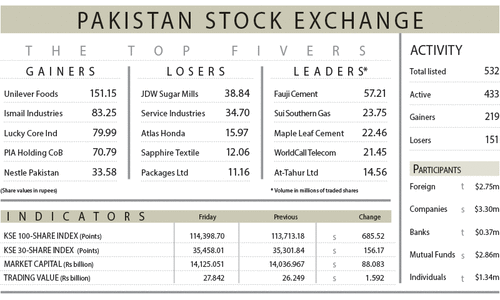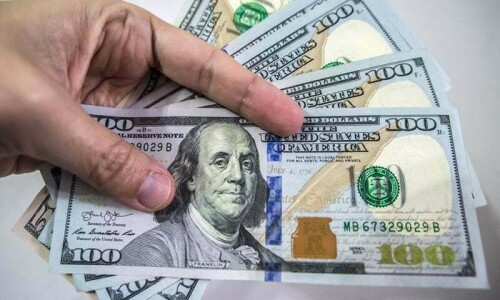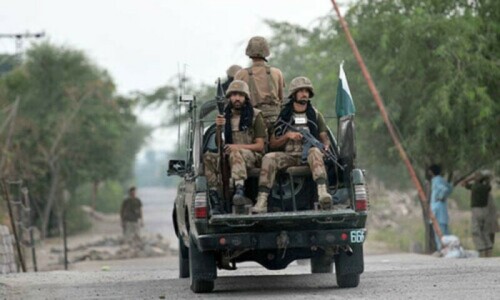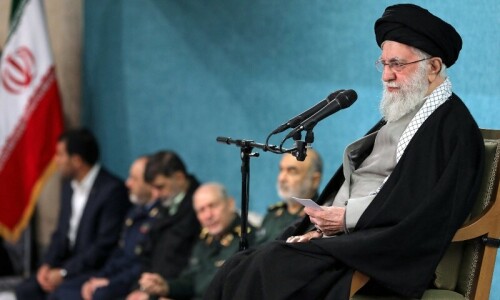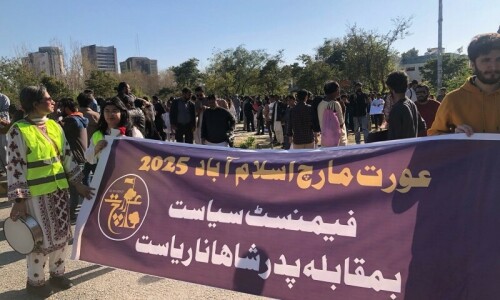PARIS: The UN’s Green Climate Fund announced on Friday that it has approved finance for its first projects to help developing countries fight global warming, three weeks before a crucial world summit to ink a climate rescue pact.
Finance is a divisive issue as rich and developing nations negotiate a global agreement on curbing greenhouse gas emissions, and conference host France has said firm money commitments will be key to getting an agreement in December.
The GCF said in a statement its board had approved $168 million (155m euros) for eight projects in countries including Peru, Malawi, Senegal, Bangladesh, Fiji and the Maldives.
“The fund is now truly up and running, and I am confident the board will go on to... fund much bigger projects in the near future,” the board’s co-chairman Henrik Harboe said. Developing nations are looking to rich countries to show how they intend to meet a promise made in 2009 to mobilise $100 billion (92bn euros) per year in climate finance from 2020.
The money is to help them make the shift from cheap and abundant fossil fuels to renewable energy sources, and to shore up national defences against climate change-induced superstorms, drought, floods and sea-level rise.
Developing countries also want compensation for “loss and damage” suffered as a result of such events, for which they say rich nations are mainly to blame as they have polluted the atmosphere for longer.
In September, President Francois Hollande of France, which will host the November 30-December 11 UN climate conference, said forging a pact hinged on “firm commitment on finance” for developing nations.
“With climate finance being a critical element of global climate talks, the approval of the first project proposals marks a major trust-building measure between developing and developed countries,” the fund said on Friday.
The GCF board, which met in Livingstone in Zambia this week, approved initial funding for three projects in Africa, three in Asia-Pacific and two in Latin America.
They include boosting climate early warning systems in Malawi, managing fresh water shortages in the Maldives, and a wastewater management scheme in Fiji.
Published in Dawn, November 7th, 2015
On a mobile phone? Get the Dawn Mobile App: Apple Store | Google Play


